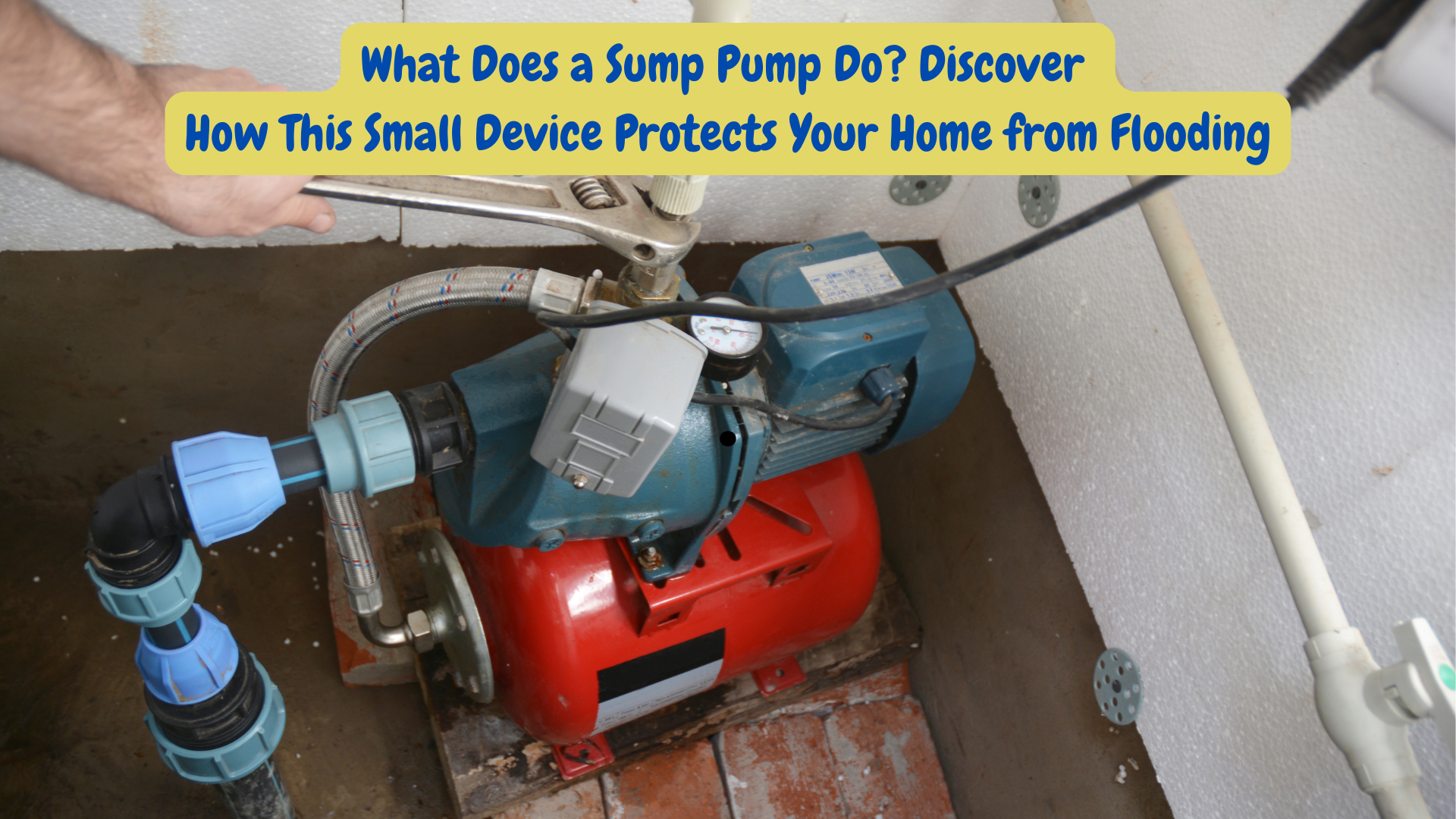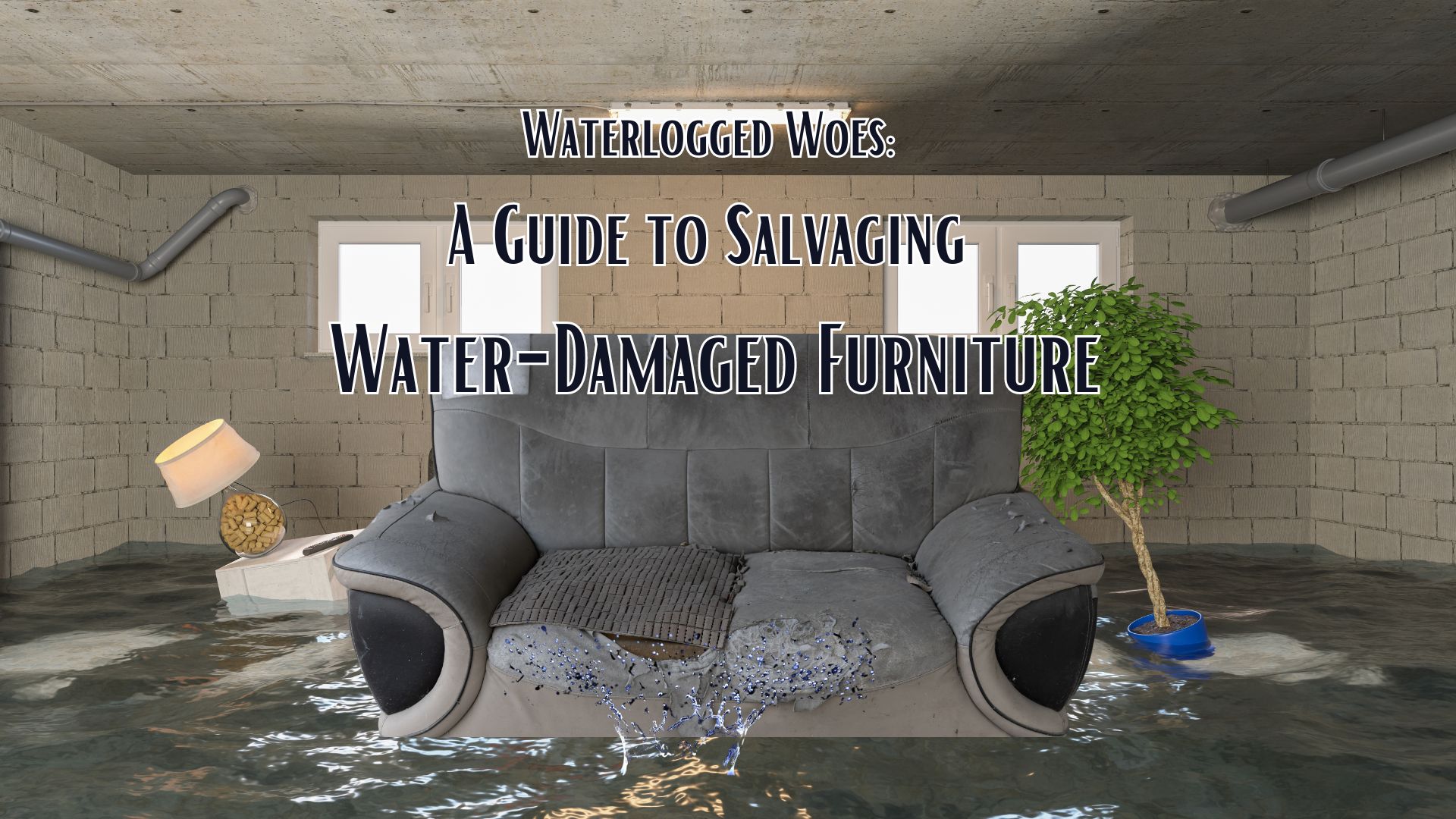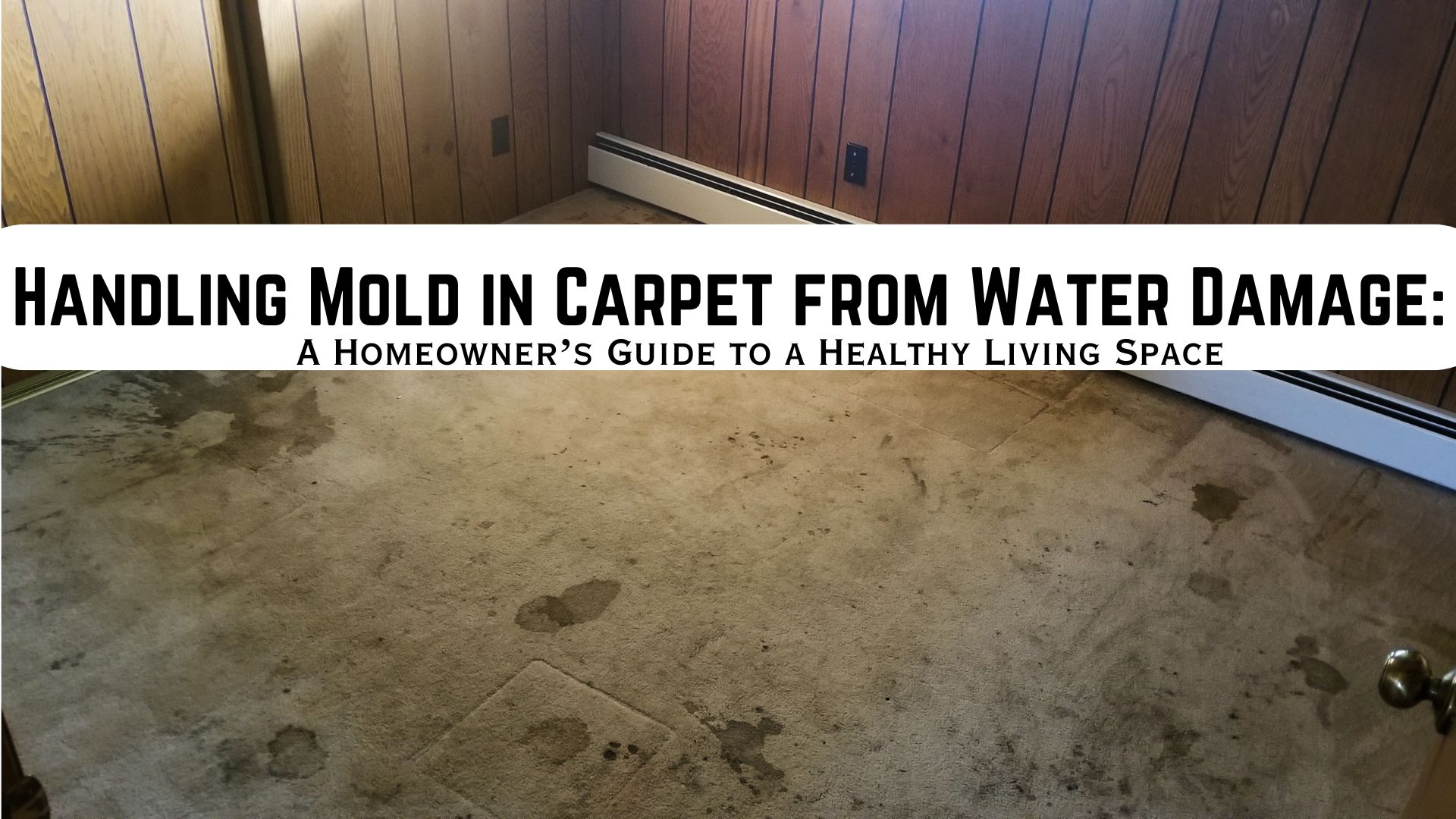Water damage is considered to be one of the most common and pricey disasters a homeowner has to deal with. Based on the Information Insurance Institute’s data, water damage accounts for billions of dollars in water loss every year. To keep you from spending thousands of dollars on water loss, repair, and restoration, take proper water measures to prevent water damage in your home.
Here are the essential steps to safeguard your home against water damage.
Prevent Water Damage Outside of Your Home
Inspect Your Roof
- Check your roof for missing, broken, or damaged shingles, tiles, or flashings. If you notice any signs of damage, make sure to fix them immediately.
- Check for leaks on your rooftop or any holes which can be a gateway for water intrusion.
- Check for tree limbs that might cling to your shingles and can be a cause of moisture entrapment. Cut them if necessary.
Inspect Gutters and Downspouts
- Check gutters and downspouts to ensure that they are free from debris, like twigs and leaves, clean, and in good working condition.
- Install gutter guards to protect them from clogging with leaves, twigs, and other debris.
- Ensure that water flows through downspouts and that they direct water five to ten feet away from the foundation of your home. If necessary, install additional downspout extensions.
Repair and Protect the Wall
- Check and repair cracked and damaged bricks, stones, siding boards, and structural sheathing,
- Caulk and seal any opening used for wiring, telephone cables, plumbing, and others.
- Repair any damaged weather stripping around your windows.
- Maintain trees and vegetation near your home’s foundation and remove the ones that have grown big.
- Grade the ground around your home at least 6 feet away from your home’s foundation.
- Ensure that the sprinklers and irrigation systems do not direct to the walls and foundations of your home.
How To Prevent Water Damage Inside Your Home
Check and Maintain Your Home’s Indoor Plumbing System
- At least once a year, check hoses that connect to your washing machine, refrigerator ice maker, dishwasher, and water heater for any signs of leaks or water damage. If you see signs of damage, replace them immediately, or replace hoses every five years. Consider upgrading your hoses to a flood-safe hose.
- Check the caulking or grout around the shower and tubs for signs of damage. Remove and replace caulking if necessary.
- Make sure to know where the main water supply shut-off valve in your home is located. Shut off the main water supply valve immediately in case of a burst pipe.
- Inspect faucets and hoses under the kitchen or bathroom sink for any leaks.
- Check all accessible pipes for any leaks and repair them immediately. Keep an eye on signs of leaks in pipes beneath walls and ceilings.
- Check the water pressure in your home at least once a year using a pressure gauge.
- Install an emergency pressure release valve in your home’s plumbing system.
- Install a water leak detection alarm in areas prone to water damage.
Inspect Attics and Basements
- Regularly check your attic and basement for any signs of water intrusion.
- Seal cracks on foundation walls or floor slabs if there are signs of cracks.
- Perform regular maintenance on appliances stored in your attic and basement space.
- Insulate and ventilate your attic to prevent moisture accumulation.
- Install a sump pump with a battery backup and maintain it regularly to ensure that it is in good working condition.
- Install a backwater valve in your basement and maintain it regularly.
Other Tips to Prevent Water Damage At Home
- Never leave running the washing machine or dishwasher unattended.
- Turn off the main water supply valve when away or on vacation.
- Don’t pour grease or any oily liquid down the sinks.
- Instead of using a strong chemical to relieve clogged drains, use a drain snake.
- Pay attention to your water bill. If your bill has abruptly increased, make sure to find the damage and fix it immediately.
- Store your valuables or important belongings in a safe area.
There are number of ways your home can experience water damage, both inside and outside. Keeping an eye on all the possible causes, pipe leaks, drainage problems, malfunctioned appliances, and others is important in preventing water damage in your home.
Make sure to perform regular maintenance on your roof, gutters, downspouts, plumbing systems, and appliances to protect your home from water damage. But in case your home has suffered from water damage, contact Superior Restoration today. We provide professional water damage restoration services and other related issues like mold removal and fire damage restoration. We also offer emergency restoration services.




